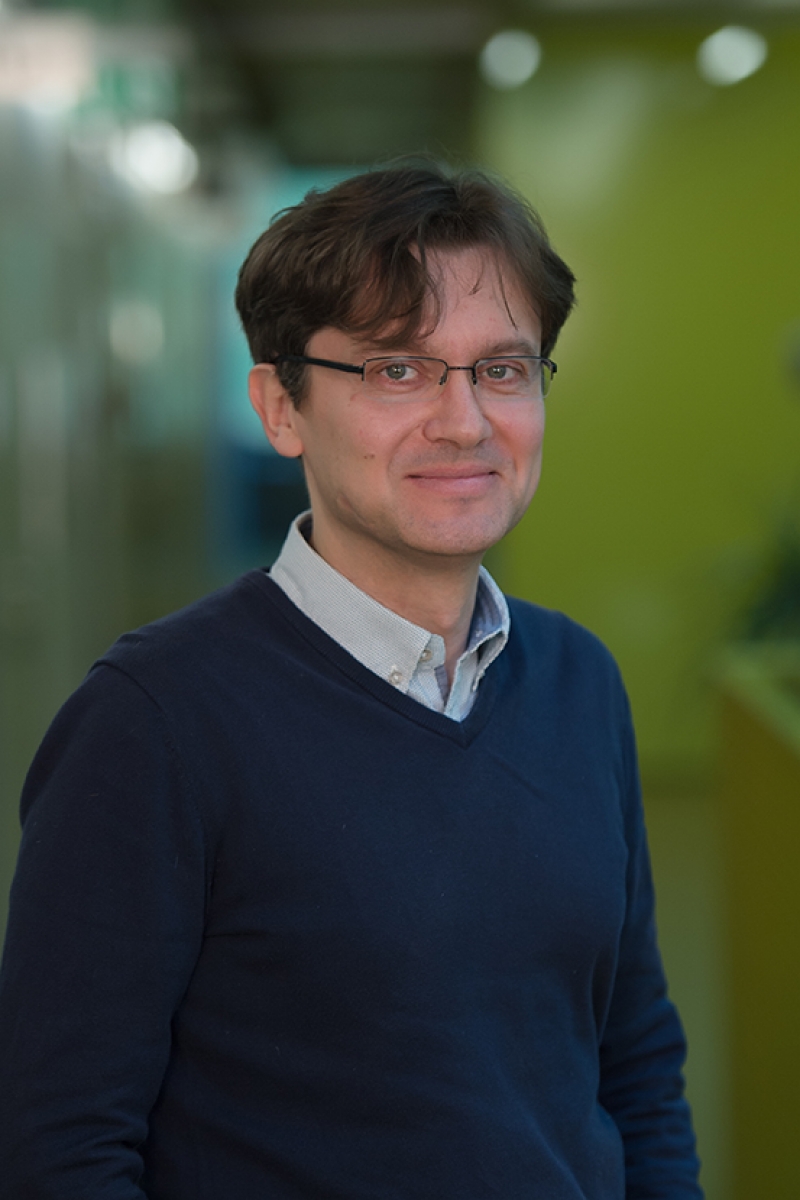KLI Colloquia are invited research talks of about an hour followed by 30 min discussion. The talks are held in English, open to the public, and offered in hybrid format.
Join via Zoom:
https://us02web.zoom.us/j/5881861923?omn=85945744831
Meeting ID: 588 186 1923
Spring-Summer 2026 KLI Colloquium Series
12 March 2026 (Thurs) 3-4:30 PM CET
What Is Biological Modality, and What Has It Got to Do With Psychology?
Carrie Figdor (University of Iowa)
26 March 2026 (Thurs) 3-4:30 PM CET
The Science of an Evolutionary Transition in Humans
Tim Waring (University of Maine)
9 April 2026 (Thurs) 3-4:30 PM CET
Hierarchies and Power in Primatology and Their Populist Appropriation
Rebekka Hufendiek (Ulm University)
16 April 2026 (Thurs) 3-4:30 PM CET
A Metaphysics for Dialectical Biology
Denis Walsh (University of Toronto)
30 April 2026 (Thurs) 3-4:30 PM CET
What's in a Trait? Reconceptualizing Neurodevelopmental Timing by Seizing Insights From Philosophy
Isabella Sarto-Jackson (KLI)
7 May 2026 (Thurs) 3-4:30 PM CET
The Evolutionary Trajectory of Human Hippocampal-Cortical Interactions
Daniel Reznik (Max Planck Society)
21 May 2026 (Thurs) 3-4:30 PM CET
Why Directionality Emerged in Multicellular Differentiation
Somya Mani (KLI)
28 May 2026 (Thurs) 3-4:30 PM CET
The Interplay of Tissue Mechanics and Gene Regulatory Networks in the Evolution of Morphogenesis
James DiFrisco (Francis Crick Institute)
11 June 2026 (Thurs) 3-4:30 PM CET
Brave Genomes: Genome Plasticity in the Face of Environmental Challenge
Silvia Bulgheresi (University of Vienna)
25 June 2026 (Thurs) 3-4:30 PM CET
Anne LeMaitre (KLI)
KLI Colloquia 2014 – 2026
Event Details

Topic description / abstract:
Cellular organisms survive and reproduce in complex environments under permanent evolutionary pressure. As a consequence, metabolic pathways are often assumed to be highly adapted, and optimality principles are used to study the large-scale organization of metabolism. In particular, when a cell optimizes the rate of a specific metabolic reaction, it must appropriately partition enzymes to reactions (since enzyme abundance determines reaction rates and total enzyme is limited), leading to a constrained resource allocation problem.
The promise of metabolic engineering has been in part driven by the availability of a formal framework for reasoning about metabolic optimality. The most prominent such framework is flux balance analysis (FBA). Whereas classical methods such as FBA are based on stoichiometric information, leading to a linear optimization problem, we explicitly consider kinetic information, leading to a nonlinear optimization problem - with a surprising result.
In fact, for arbitrary kinetics, solutions that optimize a specific rate are elementary flux modes (EFMs) - representing 'minimal' metabolic pathways. This is surprising precisely because EFMs only depend on stoichiometry, and yet they show up as optimal states for arbitrary enzyme kinetics (including arbitrary allosteric regulation). Most importantly, our result predicts discontinuous metabolic switches and explains the occurrence of low-yield pathways as observed in the Crabtree and Warburg effects (in microbiology and oncology). In contrast, classical linear methods predict continuous transitions.
Biographical note:
Stefan Müller is a mathematical biologist at the Faculty of Mathematics, University of Vienna, where he is leading a project on chemical reaction network theory, supported by the Austrian Science Fund (FWF). Previously, he held positions at the Austrian Academy of Sciences, the Humboldt University Berlin, and the Academy of Sciences of the Czech Republic.
Having a Master degree in Physics, a PhD in Chemistry, and a Habilitation in Mathematics, Stefan is interested in transdisciplinary problems. On the one hand, he formulates and studies concrete mathematical models of chemical networks, metabolic networks, and gene networks. Thereby he contributes to systems biology, bioengineering, and synthetic biology, respectively.
On the other hand, he further develops modeling frameworks, in particular, chemical reaction network theory and metabolic pathway analysis. Stefan combines methods from dynamical systems, graph theory, polyhedral geometry, and oriented matroids, and his (applied math) results are relevant also for pure math, especially for real algebraic geometry.


